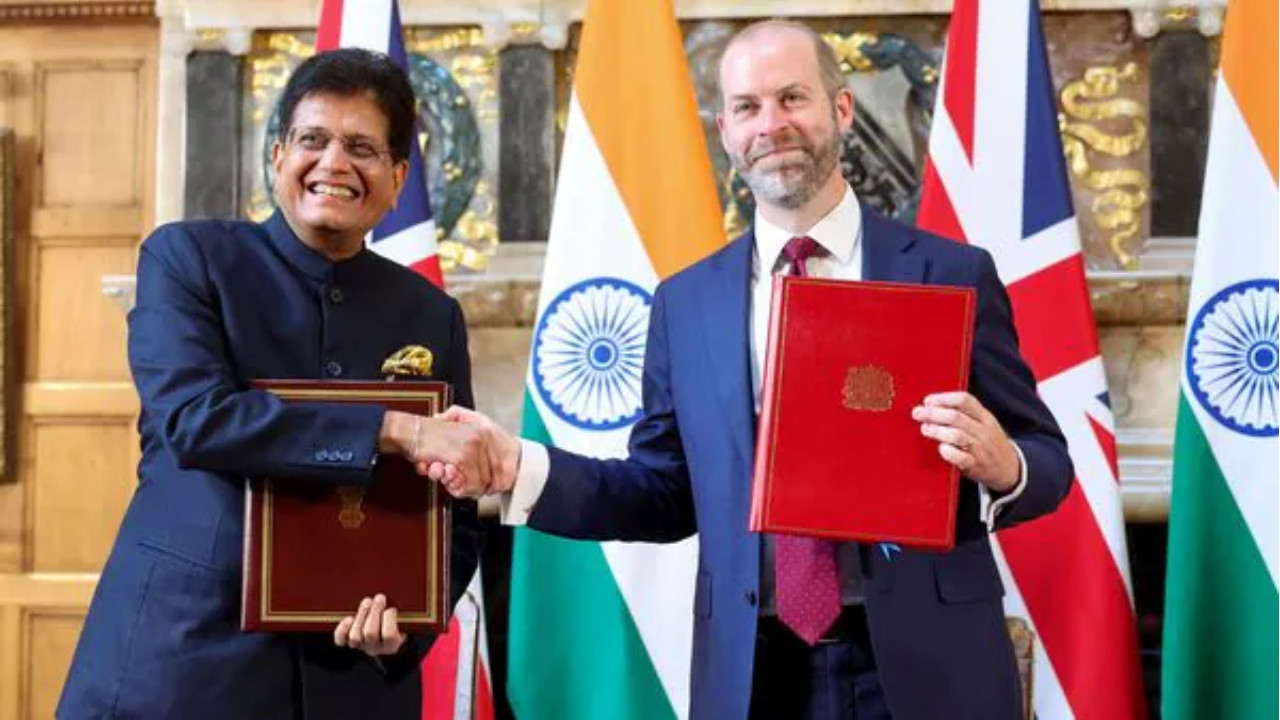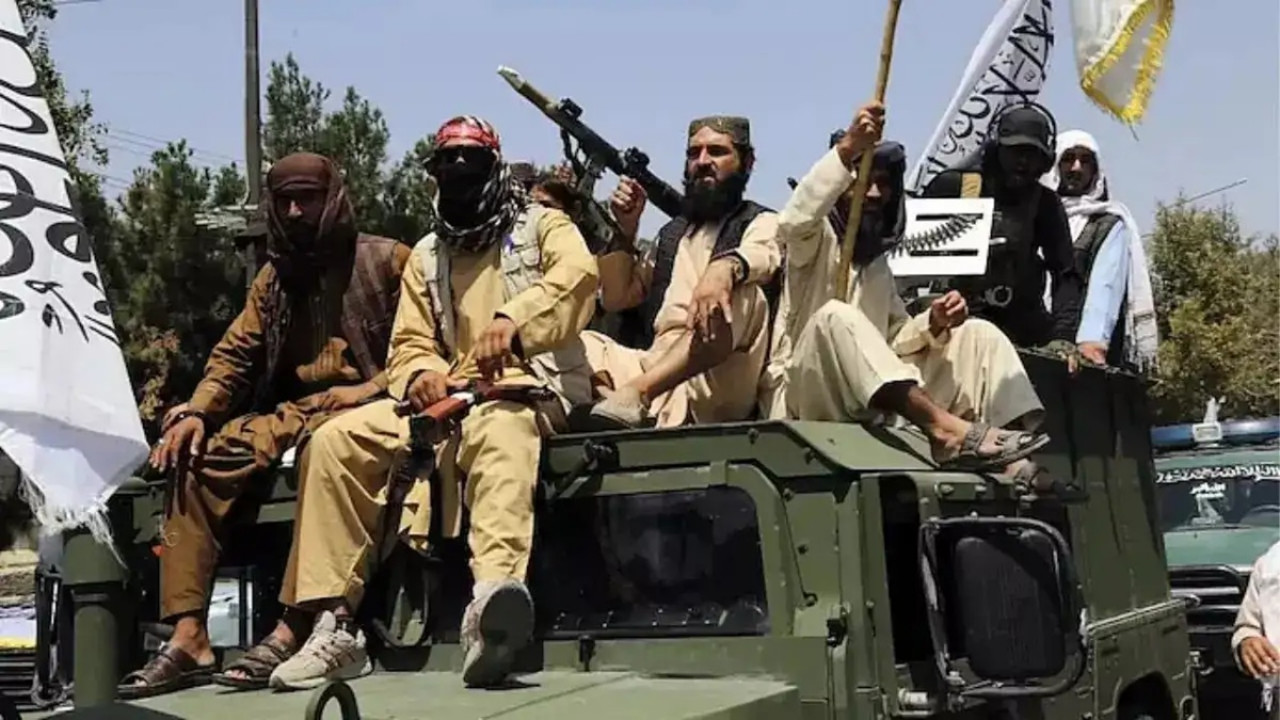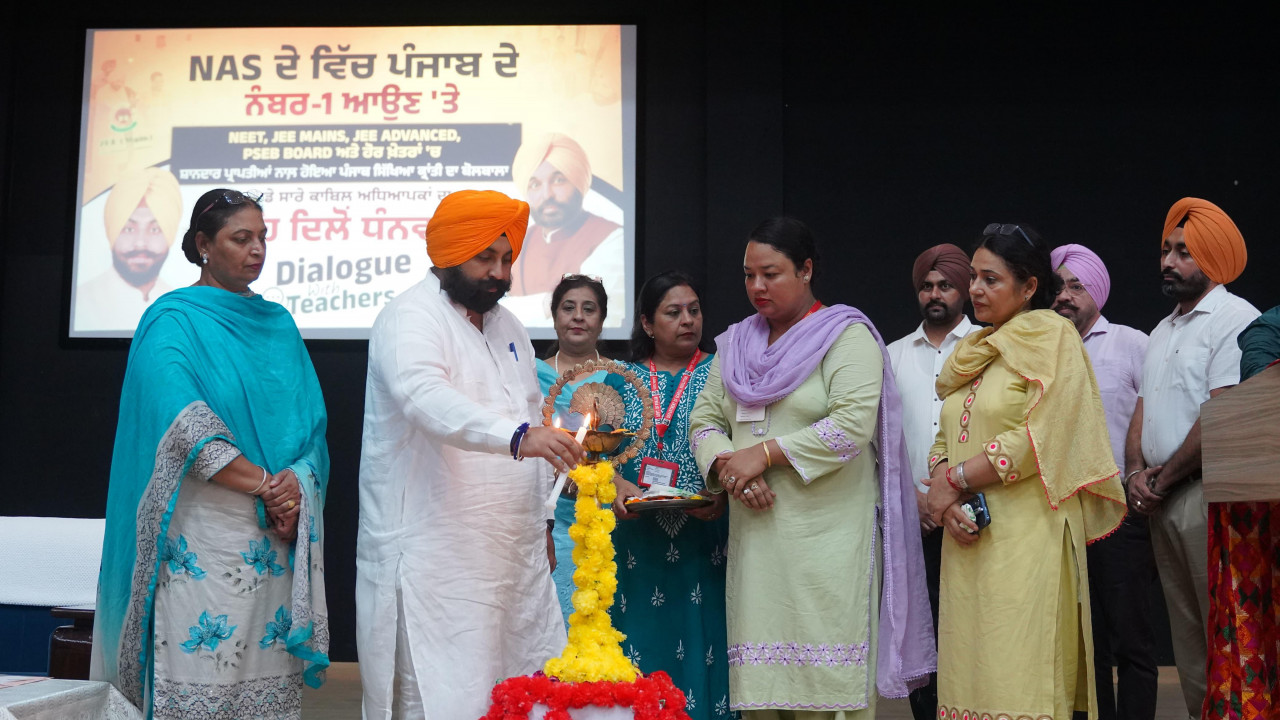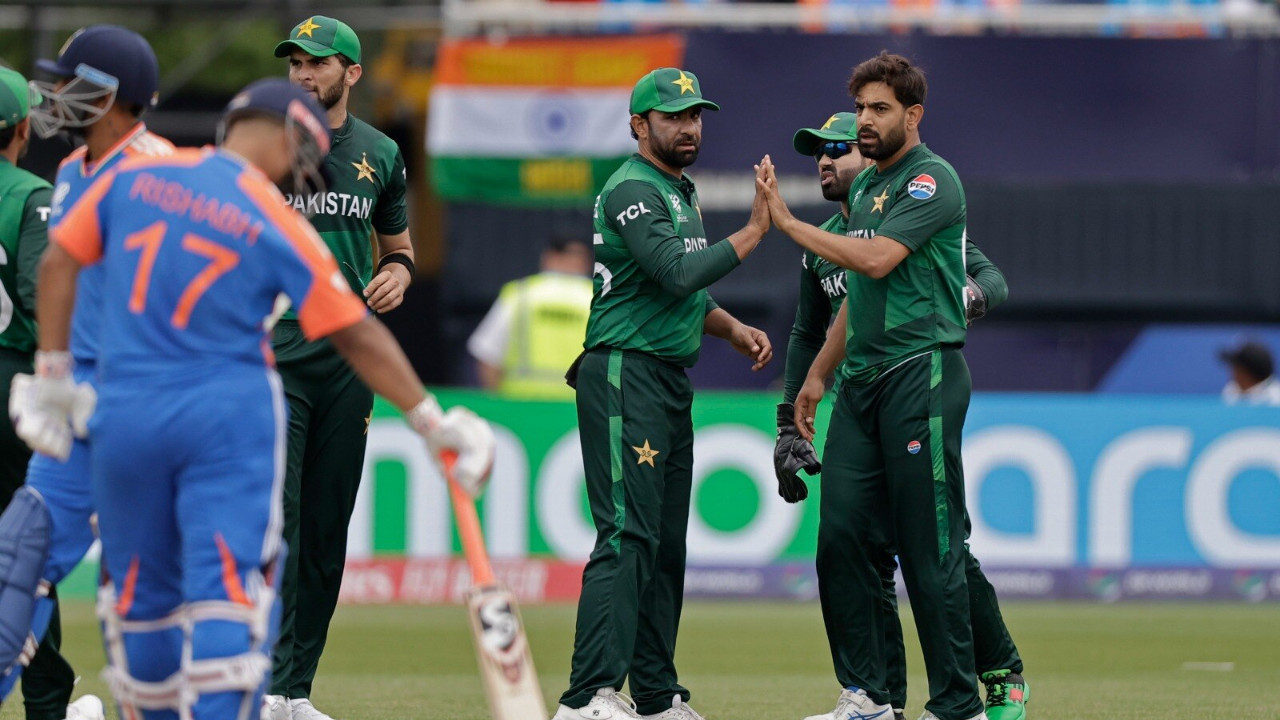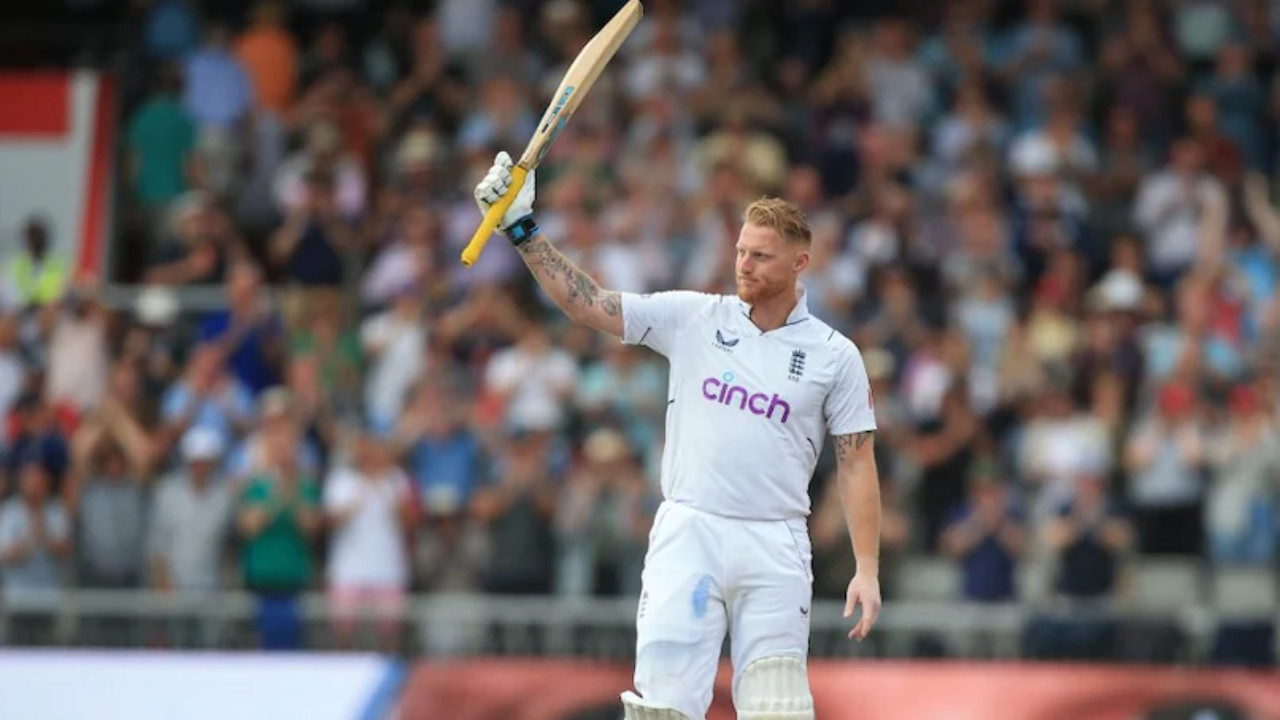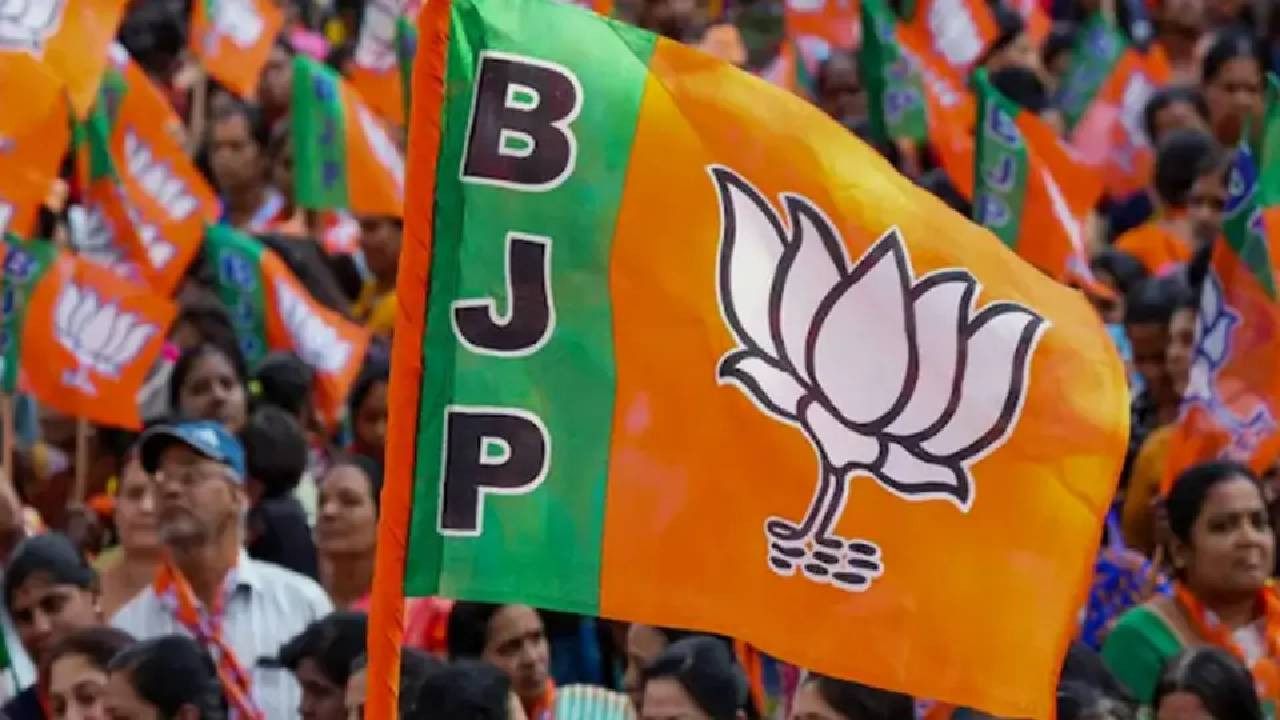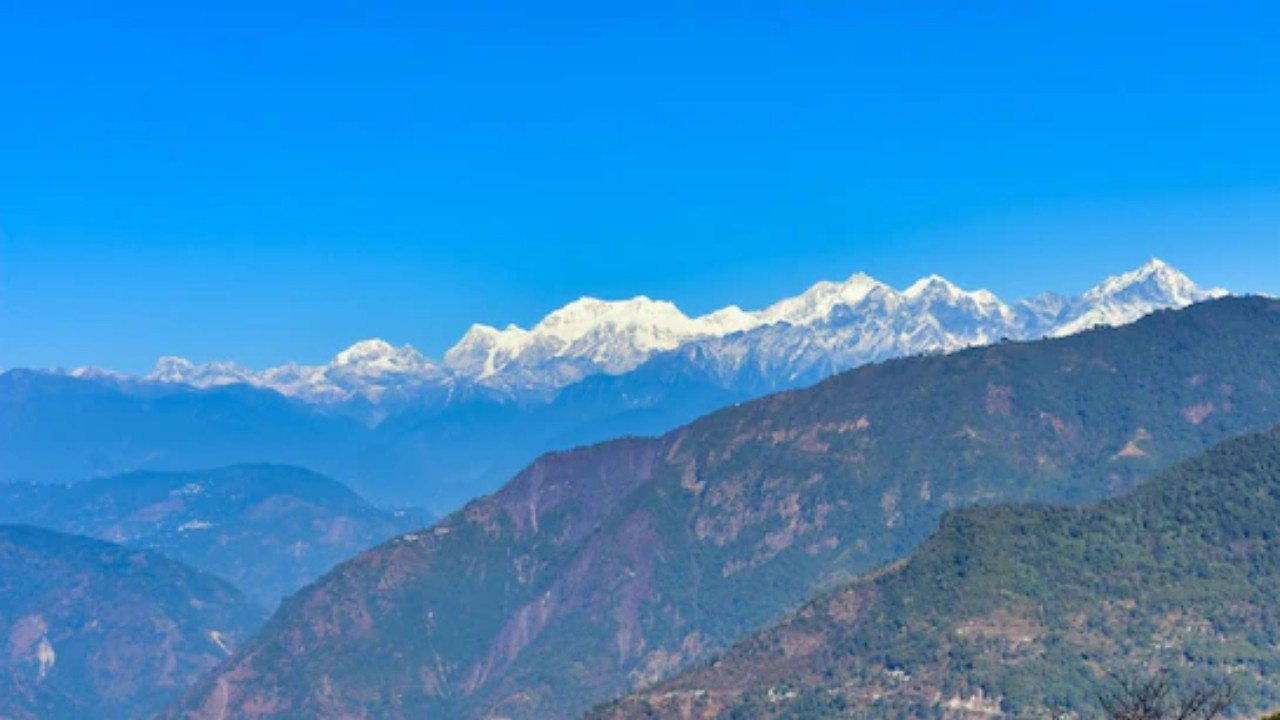The IndiaUK Free Trade Agreement, signed by Prime Minister Narendra Modi and UK Prime Minister Keir Starmer, is expected to transform trade between the two nations. Ministry of Trade and Industry Piyush Goyal called the deal “game-changing” for India’s farmers, businesses, MSMEs, youth, and fishermen.
Goyal explained at a press conference that among all FTAs signed so far, this one is the biggest, most complete, and most important. He added that 99 percent of India’s exports to the United Kingdom will now enter duty-free.
Status of Approval and Big Export Gains
India’s Cabinet has already approved the deal. Now it awaits parliamentary approval in the UK. Once in force, India will benefit from duty-free access for nearly all exports, giving the economy a strong boost.
Shift from Past Approach to Strategic Partnership
Goyal pointed out how this government’s approach differs from the UPA years. He said the UPA signed FTAs with countries that competed with India and sold cheaper goods here, harming local manufacturing. India now makes trade deals with countries that help its economy grow, like Mauritius, Australia, EFTA countries, the UAE, and the UK. This new agreement aligns with India’s goal of “Viksit Bharat.” It is seen as a step toward making India a top global economy.
Protecting India’s Intellectual Property Rights
The deal also safeguards India’s Geographical Indications (GI), such as the Kolhapuri chappal. After a global brand misused its design, the Commerce Ministry acted swiftly. Under the new FTA, India will be credited for its GI products, and exports of Kolhapuri chappals could reach 8,000–10,000 crore in global markets, as foreign brands show interest in partnering with Indian products.
Deal Signed During Modi’s UK Visit
India and the UK signed a trade deal on May 6 when Prime Minister Modi visited the UK for two days. UK Prime Minister Starmer was also there during the signing. This agreement helps support India’s goal of becoming a developed country by 2047. Both countries aim to raise trade to USD 120 billion by 2030. With this deal, average UK tariffs on Indian goods will drop from 15% to 3%.



